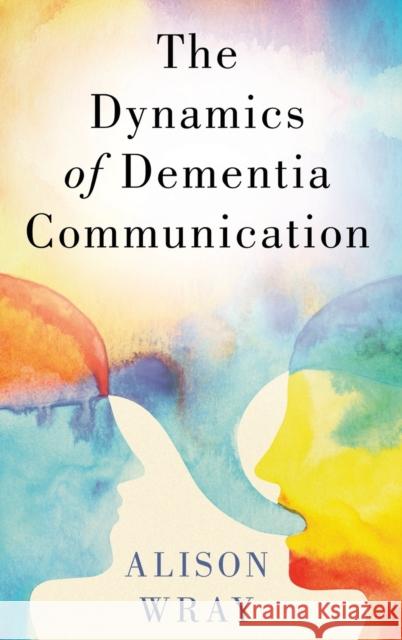Dynamics of Dementia Communication » książka
topmenu
Dynamics of Dementia Communication
ISBN-13: 9780190917807 / Angielski / Twarda / 2020 / 352 str.
Kategorie:
Kategorie BISAC:
Wydawca:
Oxford University Press, USA
Język:
Angielski
ISBN-13:
9780190917807
Rok wydania:
2020
Ilość stron:
352
Waga:
0.61 kg
Wymiary:
23.62 x 15.24 x 2.29
Oprawa:
Twarda
Wolumenów:
01
Dodatkowe informacje:
Bibliografia











